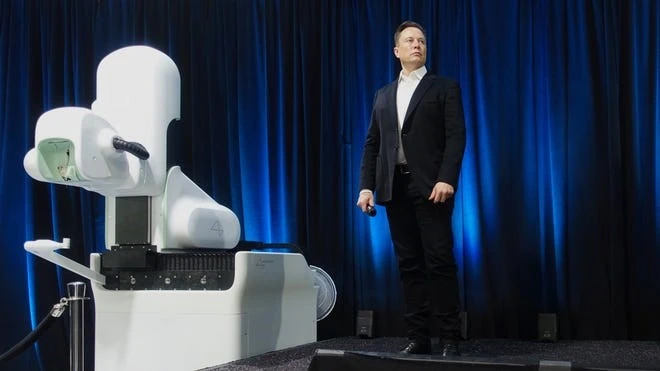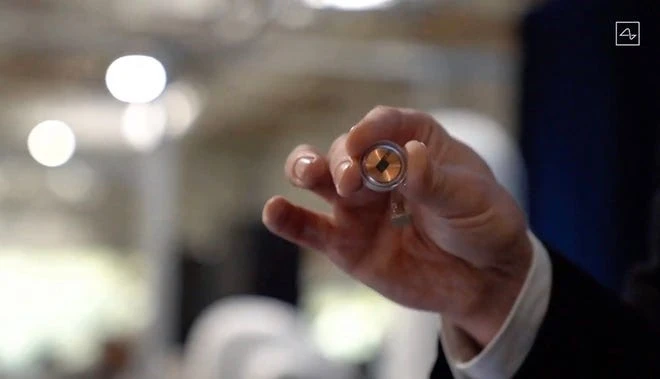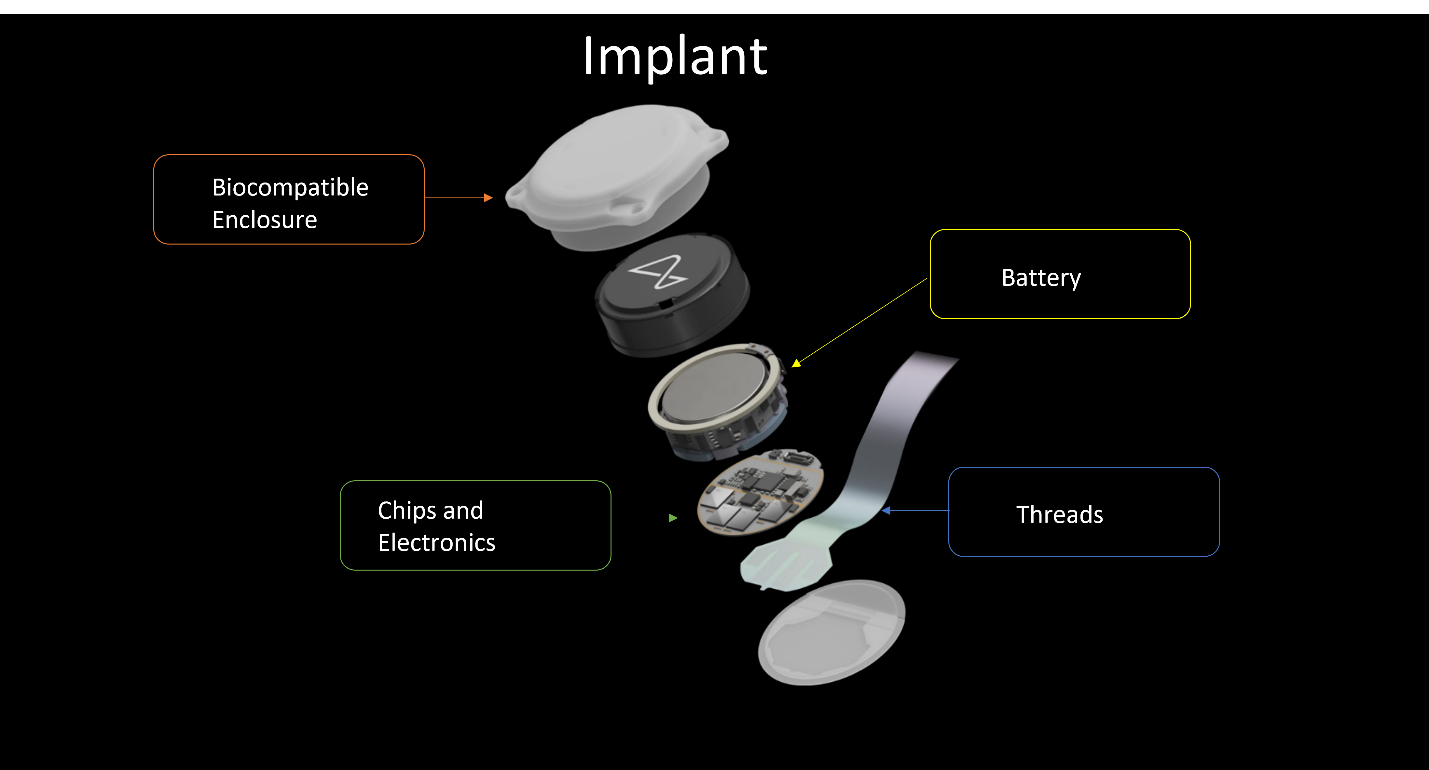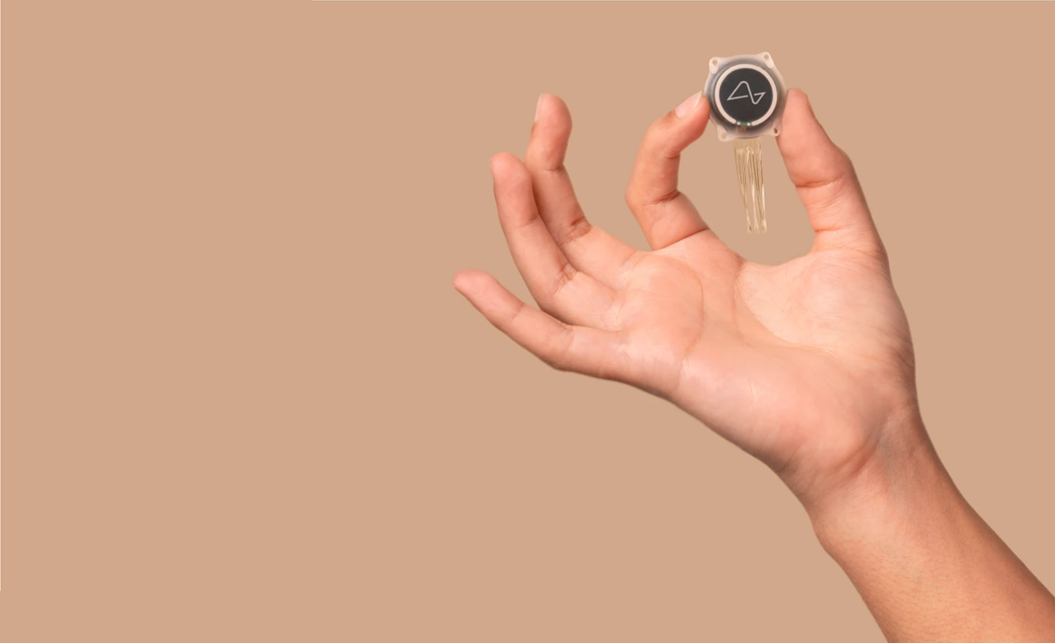Elon Musk, Neuralink, FDA approval, Brain implant, Human trial, Human-machine interface, Direct brain-computer communication, Robot surgeon, Neural activity recording, Safety, Neuroscientists, Prosthetic limbs, Brain chip.

Elon musk’s Neuralink wants Human subjects
In the world of Marvel superheroes, Tony Stark, also known as Iron Man, describes himself as a “genius billionaire philanthropist.” But did you know that the inspiration behind this character was Elon Musk? Elon Musk, the founder of Tesla and SpaceX, is also the driving force behind Neuralink, a brain implant company. Neuralink recently received approval to recruit patients for its first human trial, marking a significant step towards merging humans and machines.
In this blog post, we will explore Musk’s ambitious project and the potential implications it holds for the future.
The Vision of Neuralink:

Neuralink, co-founded by Elon Musk in 2016, aims to establish direct communication between the human brain and computers. The ultimate goal is to enhance human capabilities by enabling individuals to control devices, pay bills, and even operate phones using their thoughts. While this may sound like something out of a science fiction movie, Neuralink is determined to make it a reality.
Brain-chip Implant:
At the core of Neuralink’s technology is an implant called “The Link.” Roughly the size of five stacked coins, this device is surgically placed inside the human brain. A robot surgeon is responsible for the delicate procedure, stitching the implant securely into place. The Link contains electrodes that record neural activity and stimulate specific regions of the brain.

Human Trials and Viability Concerns:
Before Neuralink can become a widespread reality, extensive testing and human trials are necessary. The company has already conducted successful experiments on monkeys and other animals. Now, with approval to recruit human subjects, Neuralink aims to assess the viability and safety of its technology in humans. However, concerns remain regarding the potential damage to blood vessels and the long-term effectiveness of the implants.
The Hype and Skepticism:
Elon Musk’s ultimate dream for Neuralink is to enable the storage and replay of memories, akin to the pensive from Harry Potter. However, neuroscientists are skeptical about the feasibility of such a concept. Memories are not simply videos that can be uploaded and replayed; they are complex neural signals emitted during the act of remembering. Despite these concerns, Musk has always been known for his ambitious ventures and ability to generate hype around his projects.
Conclusion:
Neuralink represents an ambitious venture that blurs the line between science fiction and reality. While the technology is not yet fully developed, the approval for human trials marks a significant milestone. The potential applications of Neuralink are vast, from controlling prosthetic limbs to operating Tesla cars using only our thoughts. However, concerns about the long-term viability and safety of brain implants persist. Only time and further research will reveal whether Neuralink can truly revolutionize the way humans interact with technology. Until then, let us remain grounded and await the results of these human trials before embracing the idea of a chip in our brains.
